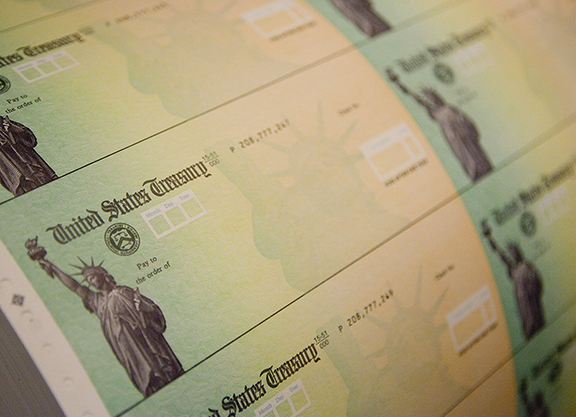By Len Green
Congress recently implemented changes to the IRS Tax Code, The CARES Act, to provide relief from the COVID-19 outbreak. We reviewed the updates and are pleased to report that (for the most part) the changes will benefit those in the Thoroughbred industry.
Below please find a summary of the most relevant items and how they affect the horse business:
1. Prior to the recent update, the tax law capped business losses at $250,000 for single taxpayers and $500,000 for married filing joint returns. A business loss in excess of those amounts were disallowed and converted into a net operating loss (NOL).
The good news is that business losses can now be deducted without limitation for 2018, 2019 and 2020 (provided that you are actively involved and run your operation in a business-like manner).
2. Another provision in the 2017 Tax Act was that Net Operating Losses (NOLs) were limited to 80% when carried forward against future years.
Under The CARES Act, an NOL amount in a tax year beginning in 2018, 2019 or 2020 can now be carried back five (5) years. It also allows for NOLs arising before 1/1/21 to now fully offset income.
3. Individual Rebate Checks: A one-time stimulus check of $1,200 will be issued to individuals whose adjusted gross income is less than $75,000 for single taxpayers and less than $150,000 for married filing joint returns. There is a phase out for single taxpayers up to $99,000 and $190,000 for married filing joint returns to receive a smaller stimulus check.
There will also be an additional $500 per child issued for children under 17.
The good news is that this stimulus check is tax free.
4. The Apr. 15, 2020 filing date has been extended to July 15, 2020. In addition to giving taxpayers additional time to file returns and make tax payments, there will be no interest or penalties charged for this extension of time.
5. Qualified Improvement Property: The 2017 Act contained a drafting error which unintentionally resulted in Qualified Improvement Property being depreciated as 39-year depreciation property. Therefore, it did not qualify for the 100% bonus depreciation.
Basically, this would include improvements to the interior portion of a barn or other non-residential real property after it had been originally built.
As corrected by The CARES Act, Qualified Improvement Property is now treated as 15-year property and, therefore, bonus depreciation eligible.
The effective date is property placed in service after 12/31/17 and an amended return may be called for.
Bottom Line: The above is based on the updated tax law as interpreted by our tax experts. We highly recommend discussing the changes with your tax advisor to ensure you maximize the benefits for 2018, 2019, 2020 and beyond.
Editor's note: this is the first in a two-part series the TDN is running this week with advice from Len Green, CPA/The Green Group, on how the tax code and CARES Act can benefit the industry. Len may be reached at lgreen@greenco.com.
Not a subscriber? Click here to sign up for the daily PDF or alerts.






